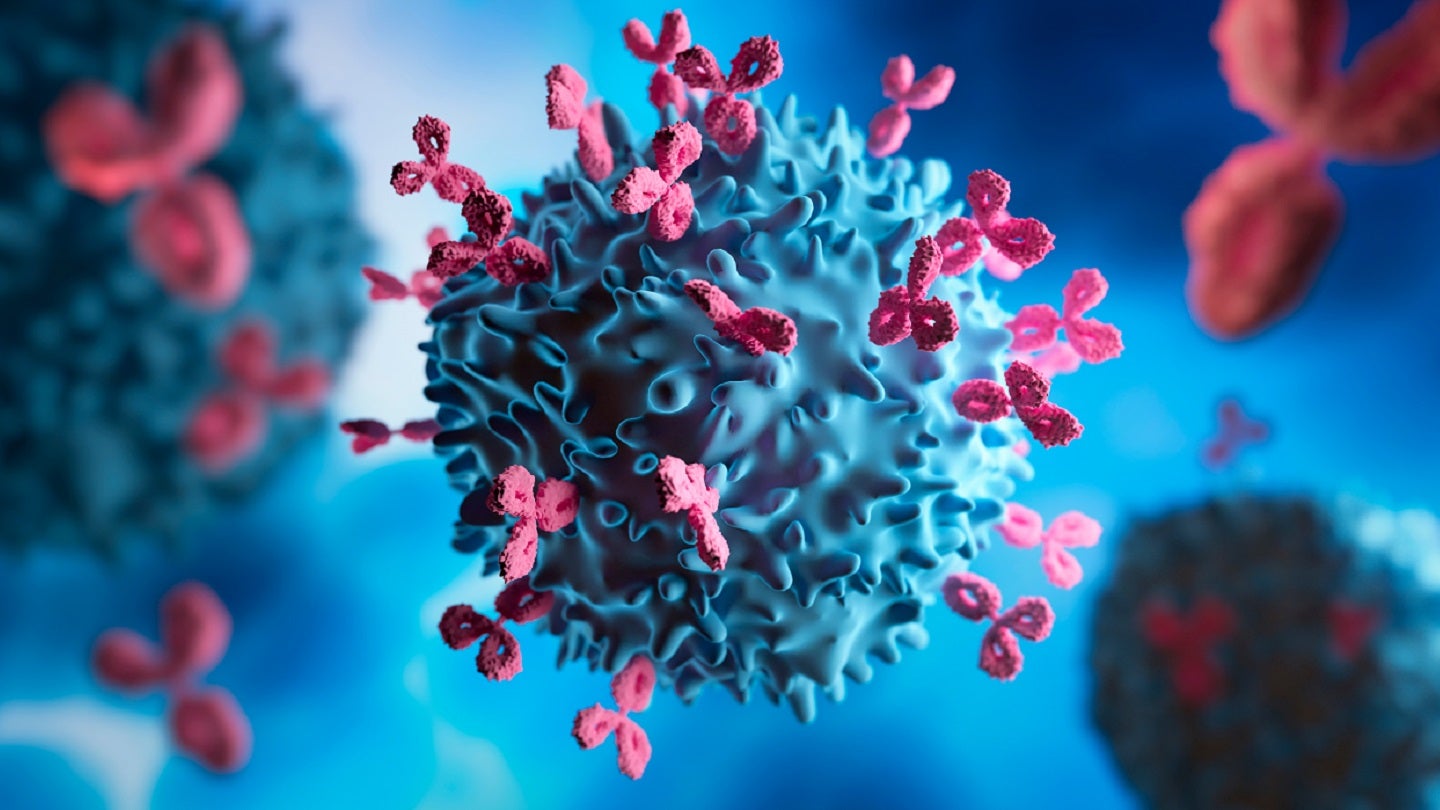
BioInvent International has received investigational new drug (IND) approval to initiate a Phase I/IIa study of BI-1910.
Compared to BioInvent’s BI-1808 monoclonal antibody, which is currently in a Phase I/IIa clinical development, BI-1910 provides a differentiated, agonist approach to treatment of cancer.

Discover B2B Marketing That Performs
Combine business intelligence and editorial excellence to reach engaged professionals across 36 leading media platforms.
Both monoclonal antibodies utilise proprietary F.I.R.S.T technology platform which simultaneously identifies both targets and the antibodies that bind to them.
The Phase I/IIa clinical trial is intended to be carried out in Europe and the US and will have a new, adaptive design allowing for ideal dose optimisation.
Initial investigations will be conducted as a single agent and in combination with pembrolizumab while exploratory cohorts are planned in hepatocellular carcinoma and non-small cell lung cancer.
BioInvent CEO Martin Welschof said: “We have built up a strong understanding of the biology of TNFR2 and this means we can move forward with two different monoclonal antibodies against this promising target.

US Tariffs are shifting - will you react or anticipate?
Don’t let policy changes catch you off guard. Stay proactive with real-time data and expert analysis.
By GlobalData“BI-1910 becomes the fifth product in clinical development, in six different trials, reflecting the productivity of the BioInvent technology platform and its potential to radically intervene on the tumour microenvironment and significantly improve treatment for cancer patients.”
Last month, BioInvent and Transgene reported positive Phase Ia data of its oncolytic virus BT-001 for the treatment of solid tumours.
Both are co-developing the virus under a 50:50 cost and revenue collaboration agreement in oncolytic virus development.





